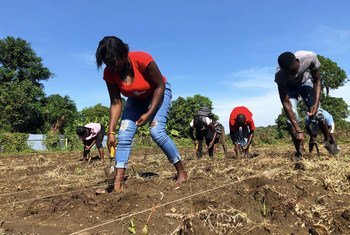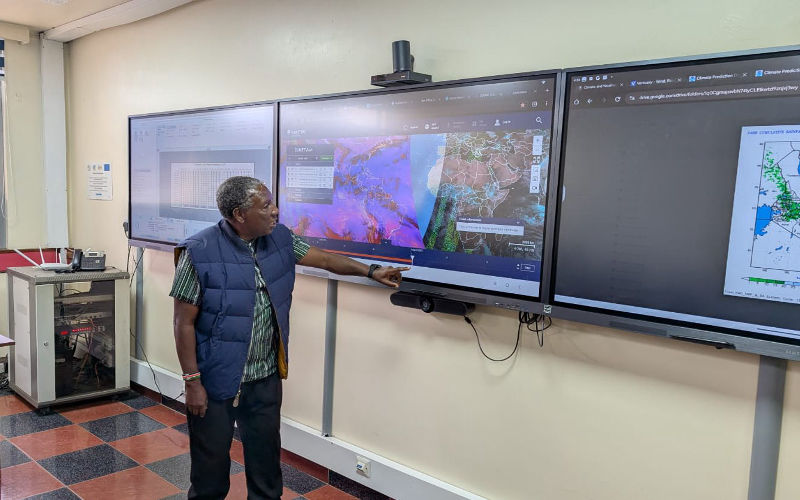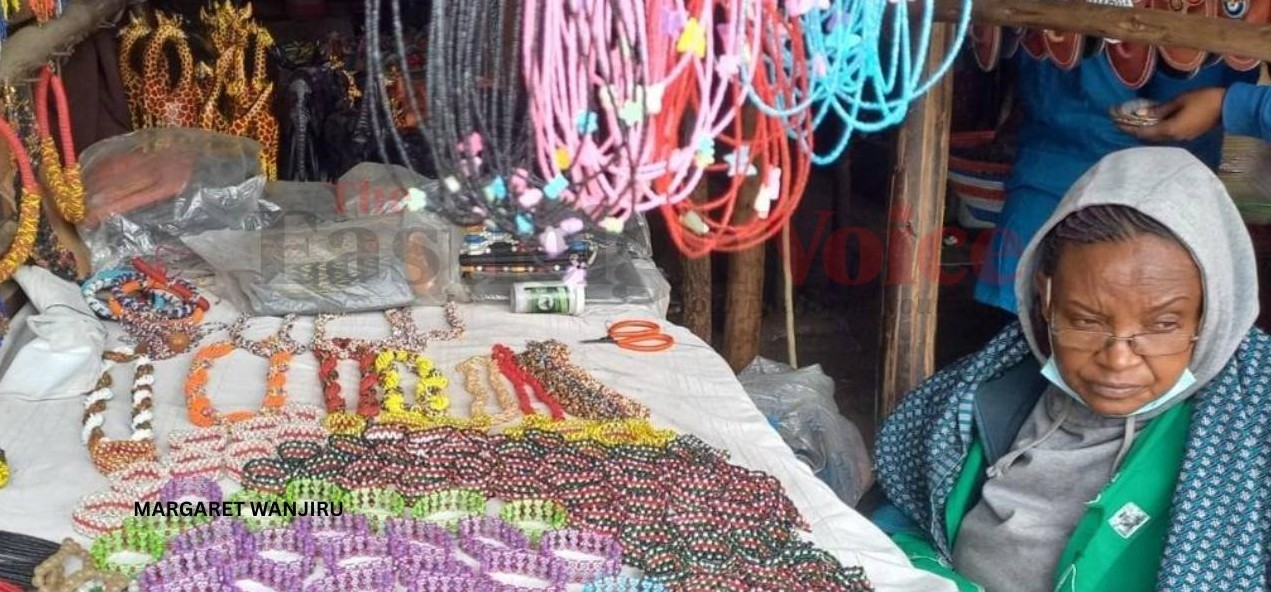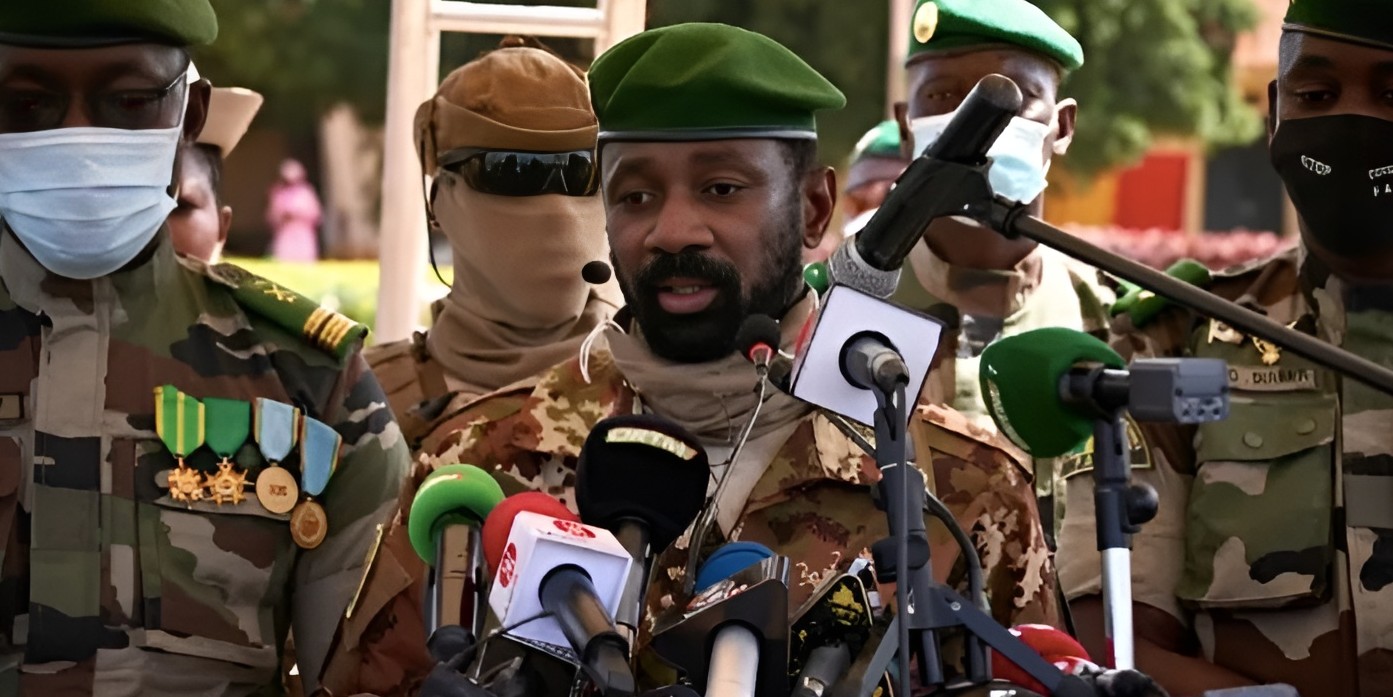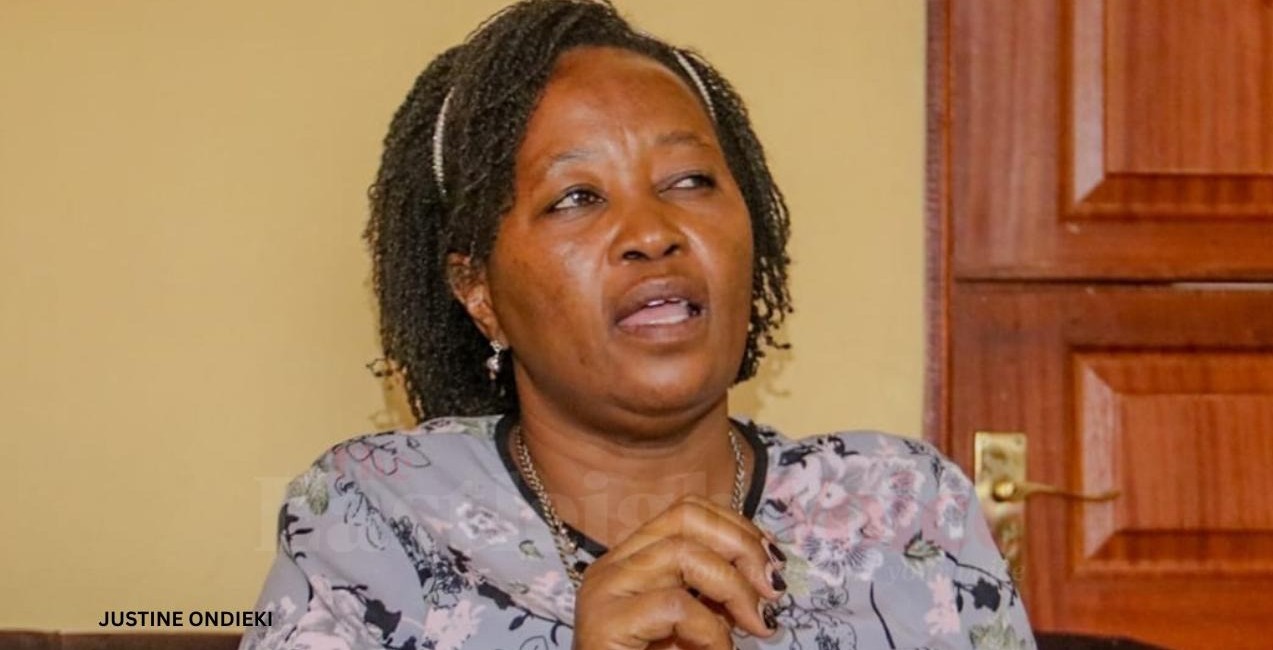Report reveals alarming decline in wildlife numbers in Africa

The decline has been primarily attributed to habitat loss, overexploitation, pollution, and the impacts of climate change.
An independent conservation NGO's report has revealed an alarming decline in the average size of African wildlife populations in just 50 years.
In its latest report, the World Wide Fund for Nature-Kenya ((WWF-Kenya), says that the world has experienced a decline of 73 per cent of its wildlife population with Africa recording 76 per cent in the size of monitored vertebrate wildlife populations between 1970 and 2020.
More To Read
- Kenyan communities speak out as Verra moves to reform controversial carbon credit system
- Climate projects in South Sudan can turn deadly - how to avoid this
- World Court just ruled countries can be held liable for climate change damage – What does that mean for US?
- Somalia’s climate crisis demands global action, says IOM
- Historic climate change ruling from the International Court of Justice: What it means for Africa
- Environment Ministry withdraws 2025 regulations amid outcry over lack of consultation
The decline has been primarily attributed to habitat loss, overexploitation, pollution, and the impacts of climate change.
The report warns that the continued degradation of ecosystems could push the continent past critical tipping points without immediate interventions.
"As ecosystems cross these thresholds, their ability to support both wildlife and sustainable development becomes compromised, with severe consequences for food security, water availability, and climate resilience," the report notes.
It recommends an urgent meeting of the global goals on nature, climate, and sustainable development by 2030 and presents proven solutions to transform conservation and the energy, food, and financial systems fairly and inclusively.
The report, however, notes that despite the alarming overall decline in species population shown in the Living Planet Index, the population of priority species in Kenya such as the African lion, the African elephant, and the black rhino have stabilised or increased as a result of effective conservation efforts.
"The rebounding of the black rhino in Kenya, from the 400 individuals recorded in the 1980s to the current 1,004 in 2023 is a huge milestone for this critically endangered species," the NGO notes.
Kenya has made significant contributions to the fight against climate change and to restore nature, having committed to the Global Biodiversity Framework and the Paris Agreement among other global and national commitments.
"The redoubling of the nation's ambition to the Bonn Challenge through the 15 billion commitment to restore 10.6 million hectares of degraded landscapes, is a step in the right direction," Mohamed Awer, the Chief Executive Officer, of WWF-Kenya, said.
He noted that the stabilising populations of priority species offer a shimmer of hope that consistency in a truly whole-of-society approach and collaborative interventions will not only help save species from extinction but also ensure they thrive.
"However, if we are to stop nature loss at the scale needed to avoid global and devastating tipping points, climate finance must flow from the global level to nations most affected for their effective implementation of national commitments and action plans, and to the grassroots to build the resilience of Indigenous and local communities bearing the biggest brunt of nature loss and climate change," he adds.
On his part, Jackson Kiplagat, the Head of Conservation Programmes at WWF-Kenya, noted that flagship species such as the African lion, the African elephant, and the black rhino remain endangered but there is hope that the continued interventions by stakeholders will stop the decline and stabilise their populations.
"The rebounding of the black rhino in Kenya, from the 400 individuals recorded in the 1980s to the current 1,004 in 2023 is a huge milestone for this critically endangered species. This is a clear testament to the power of concerted and consistent efforts by all stakeholders, from the global to the local level," he said.
Top Stories Today
- Police recruitment to resume in September after three-year freeze - IG of Police Kanja
- Five Al Jazeera staff killed in Israeli airstrike on Gaza, broadcaster says
- From crisis to cultivation: Haiti’s farmers build resilience one seed at a time
- Ogam, Omija and McCarthy reflect on Harambee Stars crucial win over Morocco
- From Kariokor Market to the world: Elizabeth Kioko’s beadwork legacy
- How to choose your first camera: Expert tips for beginners




